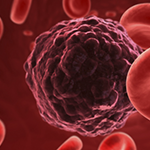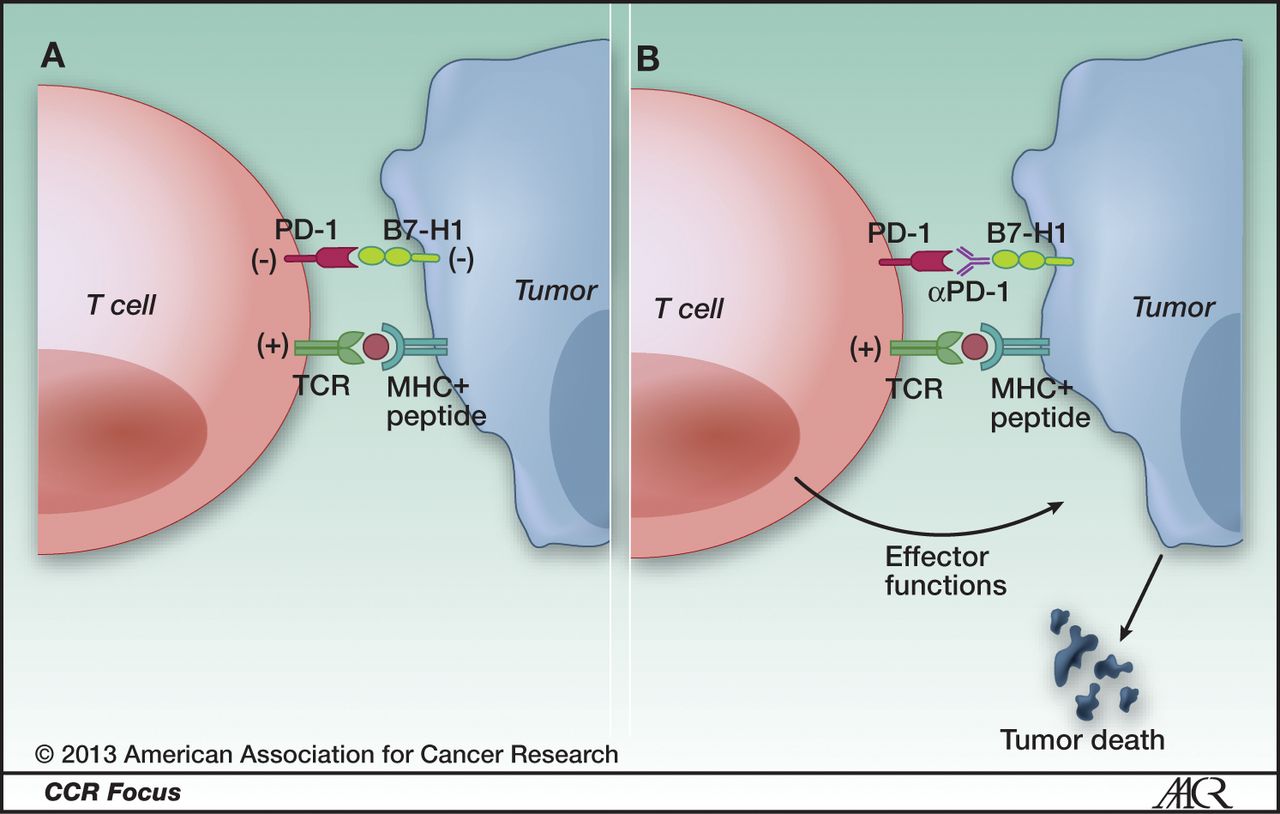The worldwide market for cancer immunotherapies is anticipated to grow from $1.1B in 2012 to $9B in 2022, that equals a 23/8% annual growth. Leading the growth are the immune checkpoint inhibitors.
The programmed cell death inhibitors (PD-1/PD-L1) are expected to lead the way:
Experts interviewed for the report were considerably optimistic about the potential of anti-PD-1/PD-L1 agents, based on promising data released so far in multiple oncology indications. And while they also find the added prospect of using PD-L1 expression as a potential predictive biomarker for personalising treatments intriguing, they remain cautious on this point, noting that considerable heterogeneity exists in PD-L1 expression and that good objective responses have also been reported in patients deemed to have no or low levels of PD-L1 expression.
The 5 products that are expected to have the greatest impact (four of which disrupt the PD-1/PD-L1 axis), capturing 85% of the market share are:
- CTLA4 inhibitor ipilimumuab (Yervoy – Bristol Myers Squibb)
- Nivolumab – BMS and Ono
- Pembrolizumab (MK-3475) – Merck
- MPDL-3280A – Roche, Genentech, Chugai
- MED14736 – AstraZeneca, MedImmune
The researchers also find that, following impressive early-phase data presented at the 2014 annual meeting of the American Society for Clinical Oncology (ASCO), there is enthusiasm among experts for combination approaches involving immunotherapies. These include dual blockade of the immune checkpoint pathway, combinations of immune checkpoint inhibitors with therapeutic cancer vaccines and combinations of immune checkpoint inhibitors with chemotherapy.




